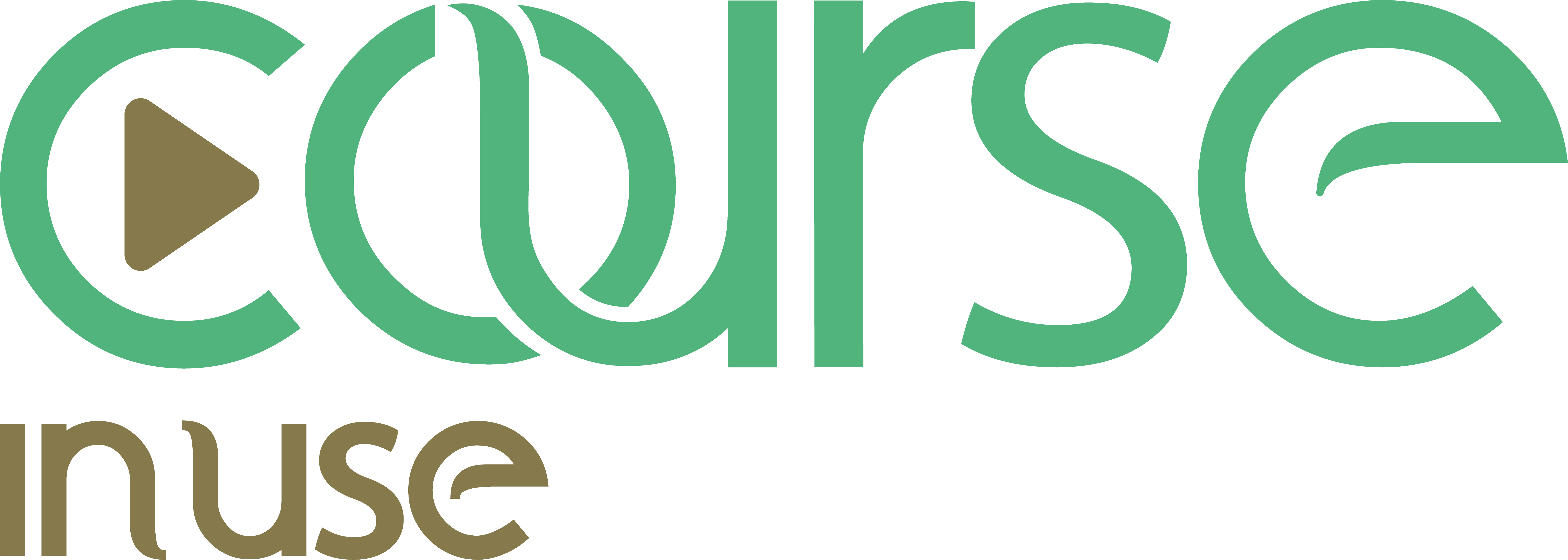The USMLE exam is a very important qualification for medical students or graduates who intend to practice medicine in the United States. In other words, passing the USMLE exam is a very important and vital step in your medical career. But what is the USMLE exam? And what is the structure of the USMLE and what are the necessary tips and strategies for success in each stage, we have presented to you in this article, so stay with us until the end of this article.
What is the USMLE exam?
The United States Medical Licensing Examination (USMLE) is a three-step examination program for medical licensure in the U.S. It assesses a physician’s ability to apply knowledge, concepts, and patient-centered skills, which are essential for safe and effective patient care. By passing all three steps, medical graduates become eligible to apply for an unrestricted medical license in the United States.
What are the three steps of USMLE?
The United States Medical Licensing Examination (USMLE) consists of three steps:
- Step 1: This computer-based exam assesses basic science knowledge and concepts relevant to medicine. It covers topics such as anatomy, physiology, biochemistry, pharmacology, and pathology. Step 1 is typically taken after the second year of medical school.
- Step 2:
- Step 2 CK (Clinical Knowledge): This exam evaluates clinical knowledge and patient management skills. It includes multiple-choice questions related to diagnosis, treatment, and preventive medicine.
- Step 2 CS (Clinical Skills): A practical exam where candidates interact with standardized patients to demonstrate communication skills, history-taking, physical examination, and clinical reasoning. Step 2 is usually taken during the fourth year of medical school.
- Step 3: This is the final step, taken after graduation from medical school. It assesses a physician’s ability to apply medical knowledge in clinical scenarios. Step 3 includes both multiple-choice questions and clinical case simulations.
Passing all three steps is necessary for medical licensure in the U.S.
What is the passing score for USMLE Step 1?
- USMLE Step 1: Scores are reported as pass/fail only.
- USMLE Step 2 CK: The passing score is 214.
- USMLE Step 3: The passing score is 198.
Is there a time limit between taking different steps of USMLE?
You are limited to three attempts at the same Step within 12 months. If you need a fourth attempt, it must be scheduled at least 12 months after your initial attempt and at least six months after your most recent attempt. This rule also applies to any incomplete attempts.
- Step 1 to Step 2 CK: There is no specific time limit between these two steps. However, most students take Step 2 CK during their fourth year of medical school after completing Step 1.
- Step 2 CK to Step 2 CS: Ideally, you should take Step 2 CS soon after passing Step 2 CK. Some students take them concurrently, while others may take a short break in between.
- Step 2 CS to Step 3: You can take Step 3 after passing Step 2 CS. There is no strict time limit, but it’s advisable to take it within a reasonable timeframe.
How can I prepare effectively for USMLE?
Preparing for the United States Medical Licensing Examination (USMLE) is crucial for success. Here are some effective strategies:
- Comprehensive Review: Start by thoroughly reviewing key topics. Use trusted study materials to build a solid foundation of medical knowledge.
- Practice Questions: Regularly practice with USMLE-style questions. This helps you hone your test-taking skills and identify areas for additional study.
- Set a Goal: Determine your current score and set a target score for the exam. Having a clear goal will guide your preparation.
- Take Practice Tests: Simulate exam conditions by taking full-length practice tests. Analyze your performance and adjust your study plan accordingly.
- Time Management: Allocate dedicated study time each day and create a realistic study schedule. Consistency is key!
How to Register for USMLE exam
To register for the United States Medical Licensing Examination (USMLE), follow these steps:
Step 1 :
- If you’re a student or graduate of LCME- or COCA-accredited medical programs in the US or Canada, apply through the NBME1.
- For students/graduates of medical schools outside the US and Canada, apply via the ECFMG2.
Step 2 CK Exam:
- If you’re from an LCME- or COCA-accredited program in the US or Canada, apply through the NBME1.
- International students/graduates should apply via the ECFMG2.
Step 3 :
- All medical school graduates who have passed Step 1 and Step 2 CK can apply through the FSMB1.
- Step 3 is administered only in the US and its territories at Prometric centers
What documents are required for registering for the USMLE exam?
To register for the USMLE exams, you’ll need the following documents:
- A valid passport.
- A passport-size photo.
- A current medical school transcript (if applicable).
- An official document from your designated school official verifying your medical education.
- Form 186 which you obtain during the registration process.
- A medical school degree certificate (for graduates only)
The cost of different stages of the USMLE.
| Item | USMLE Fee (USD) | Type |
| Step 1 | $1000 | USMLE Exam Fee + International Test Delivery Surcharge |
| Step 2 CK | $1000 | USMLE Exam Fee + International Test Delivery Surcharge |
| Step 3 | $925 | Application Fee |
Materials and resources for the USMLE exam.
To prepare for the United States Medical Licensing Examination (USMLE)you can find helpful resources and materials on the official USMLE website. Here are some key resources:
- Content Outline and Specifications: The USMLE Step 1 exam consists of multiple-choice questions (MCQs) that assess basic science knowledge. The content outline provides details about the topics covered, including organ systems, normal processes, and disease-related concepts.
- Practice Materials: The USMLE website offers practice materials, including sample test questions and an overview of test question formats. You can access these resources to familiarize yourself with the exam format and content.
Course In Use website is the best Comprehensive resources for learning international online courses and preparing for international exams.




